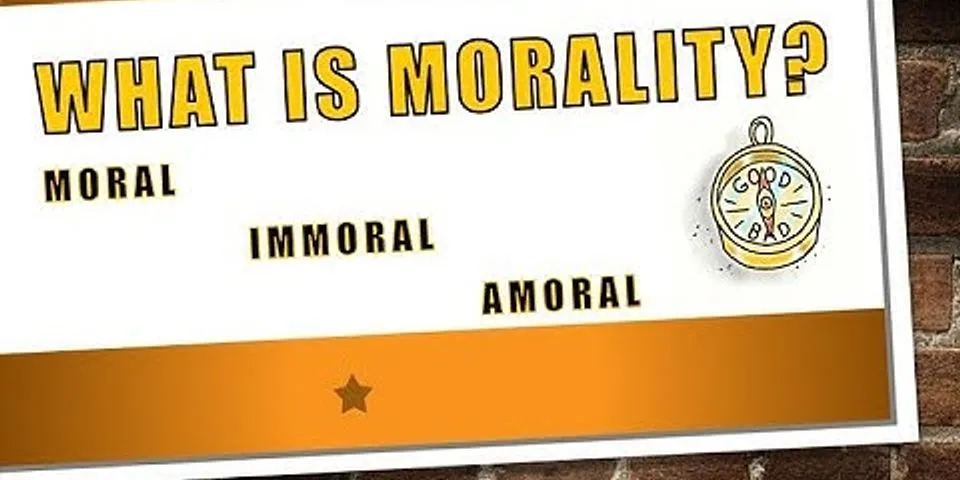Show Recommended textbook solutions Tonal Harmony, Workbook8th EditionByron Almen, Dorothy Payne, Stefan Kostka 1,387 solutions  America's History for the AP Course9th EditionEric Hinderaker, James A. Henretta, Rebecca Edwards, Robert O. Self 961 solutions
 America's History for the AP Course8th EditionEric Hinderaker, James A. Henretta, Rebecca Edwards, Robert O. Self 470 solutions  U.S. History1st EditionJohn Lund, Paul S. Vickery, P. Scott Corbett, Todd Pfannestiel, Volker Janssen 567 solutions Recommended textbook solutions
 The Language of Composition: Reading, Writing, Rhetoric2nd EditionLawrence Scanlon, Renee H. Shea, Robin Dissin Aufses 661 solutions
 Ways of the World: A Global History3rd EditionRobert W. Strayer 232 solutions  America's History for the AP Course9th EditionEric Hinderaker, James A. Henretta, Rebecca Edwards, Robert O. Self 961 solutions  Tonal Harmony, Workbook8th EditionByron Almen, Dorothy Payne, Stefan Kostka 1,387 solutions -Level 1 -Stage 1. Punishment and obedience orientation: is the first Kohlberg stage of moral development. at this stage, moral thinking is often tied to punishment. -Stage 2. Individualism, instrumental purpose and exchange: This is the second stage in Kohlberg's model. At this stage, individuals
pursue their own interests but also let others do the same. Thus, what is right involves an equal exchange. People are nice to others so that others will be nice to them in return. This stage has been described as reflecting an attitude of "what is in it for me". -Level 2 -Stage 3. Mutual interpersonal expectations, relationships, and interpersonal conformity: Stage 4. Social systems morality: is the fourth stage in Kohlberg's theory of moral development. At this stage, moral judgments are based on understanding the social order, law, justice, and duty. For example, adolescents may say that, for a community to work effectively, it needs to be protected by laws that are adhered to by its members. Thus, in stage 4 reasoning, individuals engage in social perspective-taking that goes beyond intimate acquaintances to encompass the importance of being a good citizen. -Level 3 -Stage 5. -Stage 6. Universal ethical
principles: What is the stage 1 of moral development Kohlberg's theory?Level 1.
Preconventional morality is the earliest period of moral development. It lasts until around the age of 9. At this age, children's decisions are primarily shaped by the expectations of adults and the consequences of breaking the rules.
What is the first stage of moral development quizlet?-Heteronomous morality is the first stage of moral development, occurring at 4 to 7 years of age. Justice and rules are conceived of as unchangeable properties of the world removed from the control of people. Immanent justice is the belief that all transgressions will be punished immediately.
What are the 3 stages of moral development according to Kohlberg?Kohlberg's six stages were grouped into three levels: pre-conventional, conventional, and post-conventional. Following Piaget's constructivist requirements for a stage model (see his theory of cognitive development), it is extremely rare to regress backward in stages.
What was Kohlberg's highest stage of moral development called?Stage 6: Universal ethical principle orientation
According to Kohlberg, this is the highest stage of functioning. However, he claimed that some individuals will never reach this level. At this stage, the appropriate action is determined by one's self-chosen ethical principles of conscience.
|












